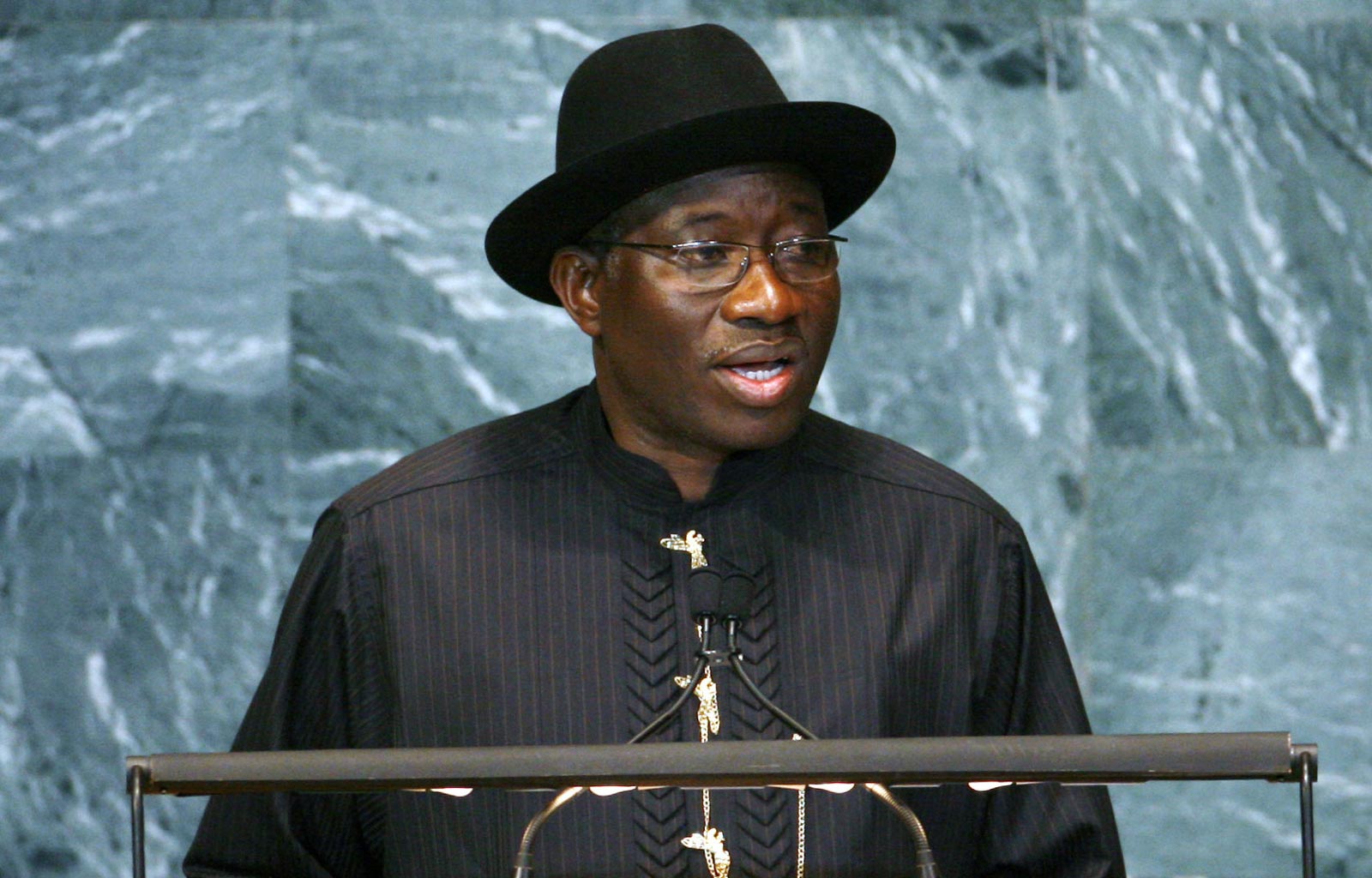As part of federal government’s effort to encourage local production and investment in rice value chain through backward integration and the quest to discourage smuggling of rice, President Goodluck Jonathan has approved the 2014-2017 Fiscal Policy Measure on Rice with effect from May 26, 2014.
The new fiscal policy, which was ushered in with the review of the 2013 Fiscal Policy Measure that has been in force since January 1, 2013, has significantly reduced the levy on husked brown and semi-milled or wholly milled rice to 20 per cent for investors with rice milling capacity from 100 per cent that obtained in the former fiscal policy. On the other hand, for pure traders, the government reduced the levy to only 60 per cent from 100 per cent.
Husked brown rice or paddy rice is rice in its natural, unprocessed state.
However, pending the announcement of the new policy measure, the Coordinating Minister for the Economy and Minister of Finance, Dr. Ngozi Okonjo-Iweala, said the Federal Government has given all importers of rice with shiploads waiting at various ports in the country as at Friday, June 13, 2014, the opportunity to clear them, upon the submission of a letter of indemnity to the Nigeria Customs Service. This indemnity would enable the importers to clear their consignments without paying additional demurrage.
Disclosing the approval of the review of the fiscal policy measure to THISDAY, a senior government official said Okonjo-Iweala is expected to convey the President’s approval to the Secretary to the Government of the Federation, Anyim Pius Anyim; Minister of Agriculture, Akinwunmi Adesina; Minister of Industry, Trade and Investment, Olusegun Aganga; Comptroller-General, Nigeria Customs Service, Abdullahi Inde Dikko; and the Acting Chairman, Federal Inland Revenue Service, Kabir Mashi, amongst others, to ensure strict compliance and other necessary actions.
According to the new policy “importation of Husked Brown rice (H.S. Code 1006.2000.00) and semi-milled or wholly milled rice, whether or not polished or glazed (H.S. Code 1006.2010.00) by investors with rice milling capacity and verifiable backward integration programme shall attract 10 per cent duty rate with a levy of 20 per cent and will be limited to the national supply gap to be determined by a committee (for a period of four years).
“Importation of Husked Brown rice (H.S. Code 1006.2000.00) and semi-milled or wholly milled rice, whether or not polished or glazed (H.S. Code 1006.2010.00) by pure rice traders shall attract an import duty rate of 10 per cent plus 60 per cent levy.”
With this new policy measure, all pure rice traders will now pay 10 per cent duty and 60 per cent levy while investors with verified backward integration like rice farm and milling capacity will now pay 10 per cent duty and 20 per cent. However, when compared with the neighbouring countries of Cameroun, Benin Republic that levy zero per cent on rice, this new rate, according to operators, is still not favourable for investors engaging in backward integration.
While the operators advocate further reduction of levy for investors with verified backward integration capacity, they also called for increase in levy for pure traders to discourage smuggling of rice through neighbouring countries and encourage local production.







